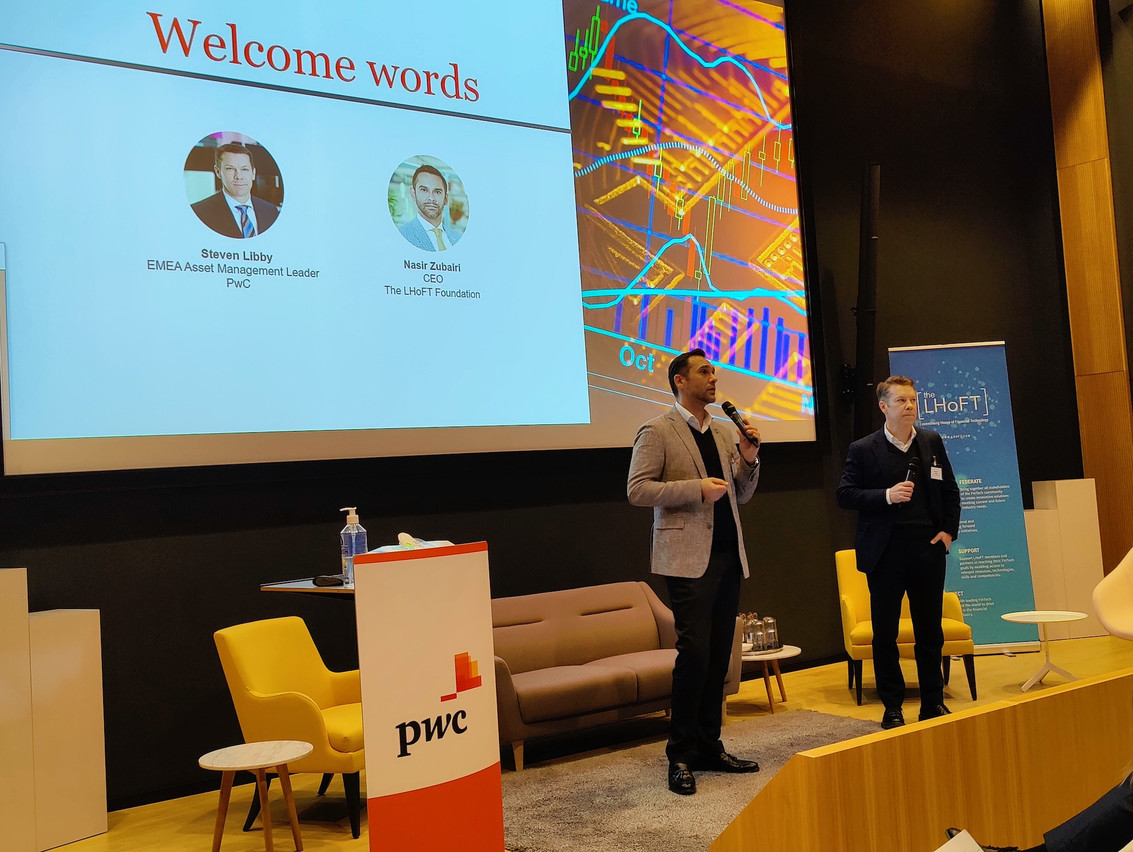With crypto-assets under management reaching an estimated $60bn per quarter worldwide, the study conducted by the Luxembourg House of Financial Technology (Lhoft), the Luxembourg Association of Investment Funds (Alfi) and professional services network PwC points to a certain impatience among Luxembourg professionals.
One third of the 123 respondents to the study--62% of which consider they have good knowledge of crypto-assets--estimate that Luxembourg has fallen behind other European countries. According to only 12% Luxembourg is at the level of other European leaders.
The potential of this sector is still not clearly estimated. “It's a bit of a glass half full or half empty”, commented PwC's blockchain leader, Thomas Campione, at the presentation of the results of the study. While 28% see great potential, 16% have no interest and 17% see limited interest, with 39% showing interest in crypto-assets.
Almost three out of five see only a limited impact on their business, far ahead of those who see a significant impact (28%) or those who see no impact (12%).
For 18% of respondents, crypto-assets are already a priority and for 43% of them this type of investment will become a priority within two years.
Read also
While 41% predict gradual adoption within two years and 28% see crypto-asset management remaining a niche market over the same period, 33% of professionals expect broad adoption within five years as well as greater exposure to certain sectors within five years (24%).
Crypto-currencies important to 73% of respondents
For most of respondents crypto-assets hold an importance ranging from extremely important for 20% of respondents to very important for 27% and important for 26%. For more than three quarters of the professionals who took part in the study, the main driver for this adoption would be investment diversification, in line with protection against inflation (38%) or higher return on investment (23%).
While, in theory, the appetite for crypto-assets is growing, 39% responded that there were no plans underway in their company. Only 2% have decided to offer crypto products or services without doing so for the time being, 16% are developing them and 9% have already done so at group level. The main reason for offering this service was to satisfy customer demand (70%), an argument that outweighs the desire to remain at the forefront of financial innovation/
Three obstacles to development
Fund administration services (45%) are at the top of the list of services or products professionals would like to bring to the market, ahead of custody (39%) and investment products directly exposed to cryptos (31%).
The latter is the most requested product (60%) ahead of custody (42%) or access to even more "advanced" financial products such as NFTs, stablecoins or decentralised finance products.
The lack of guidance from regulators (37%), the lack of a legal framework (35%) and the obstacles created by the absence of a European framework (31%) were identified as the three main obstacles to the development of this market.
Director of innovation, payments, market infrastructure and governance at the CSSF, Karen O'Sullivan, said that there should be no expectation other than continued dialogue with all stakeholders until the European MiCa Directive comes into force. It is scheduled to be finalised by spring, with member states having two years to transpose it into national law.
, which was attended by almost 200 people in the PwC auditorium and more than 400 online, began with an overview by Philipp Sandner, director of the Blockchain Center of the Finance School of Management in Frankfurt. It ended with a round table discussion featuring O'Sullivan, head of innovation, digital banking & payment at the ABBL Ananda Kautz, founder of True Global Ventures Frank Desvignes, general manager of Swissquote Bank Europe Nestor Verrier and the CEO of Coinhouse and Coinhouse Custody Nicolas Louvet.
This story was first published in French on . It has been translated and edited for Delano.
